Cognitive Development Grammar Worksheets for Ages 3-6
5 filtered results
-
From - To
Boost your child's cognitive development with our engaging Grammar Worksheets for ages 3-6! Designed to cultivate essential language skills, these worksheets offer interactive activities that promote critical thinking and comprehension. Your little ones will explore grammar concepts through fun exercises that stimulate creativity and active learning. Each worksheet encourages children to predict outcomes, recognize patterns, and make connections—key components in cognitive growth. Our resources are perfect for parents and educators aiming to nurture young minds. Watch as your child develops confidence in their language abilities while having fun! Start fostering a love for learning today with our expertly designed grammar activities!
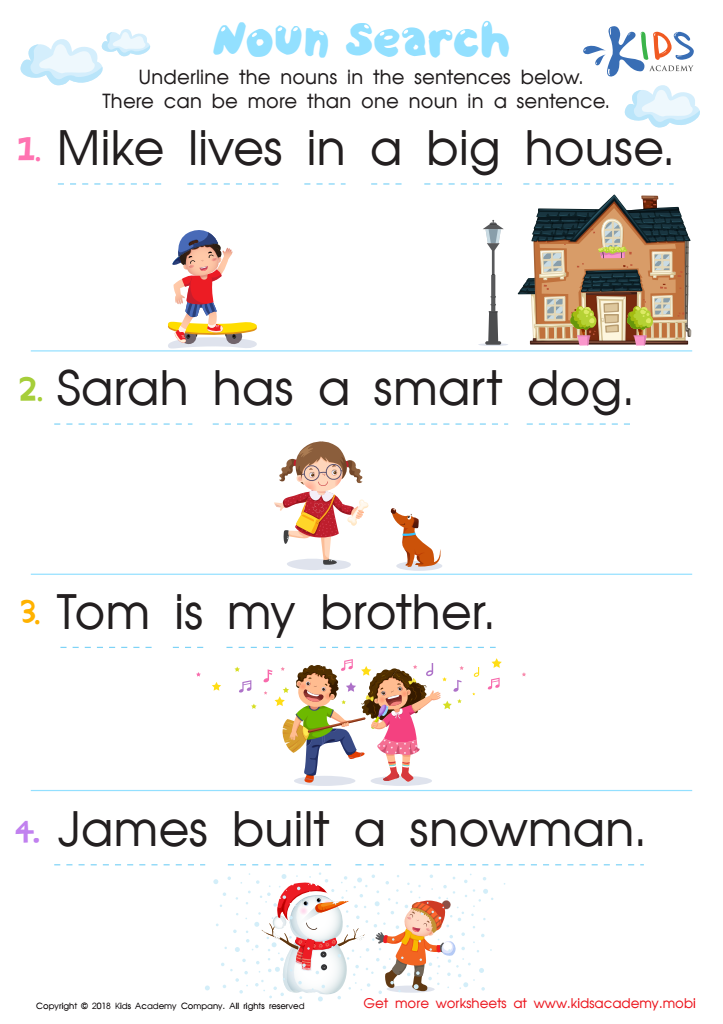

Noun Search Worksheet
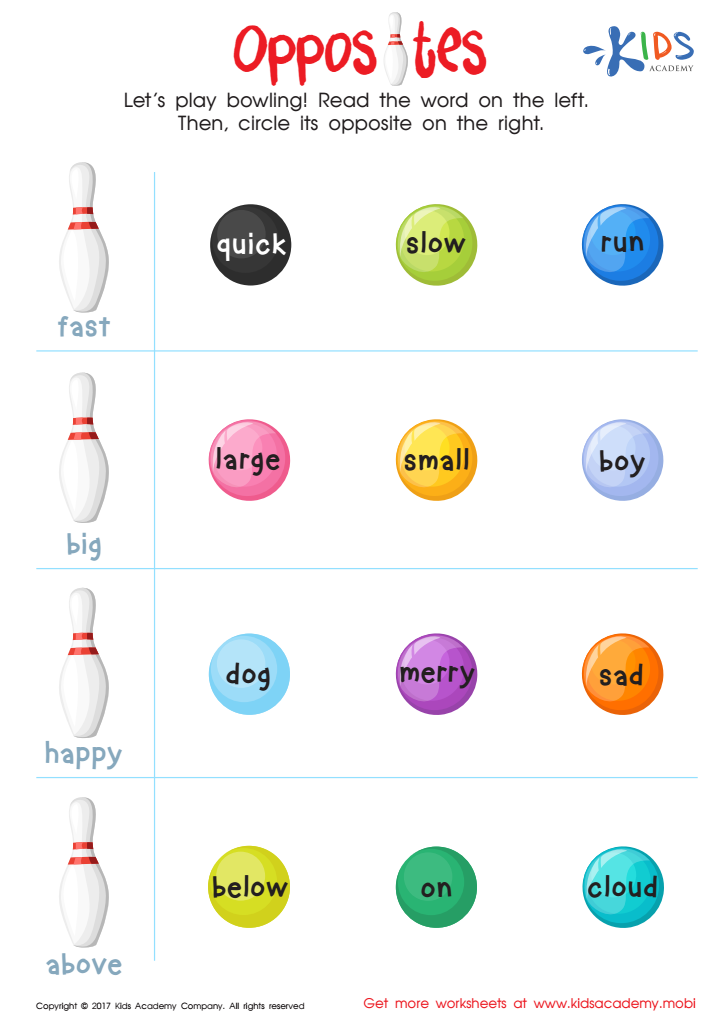

Opposites Worksheet
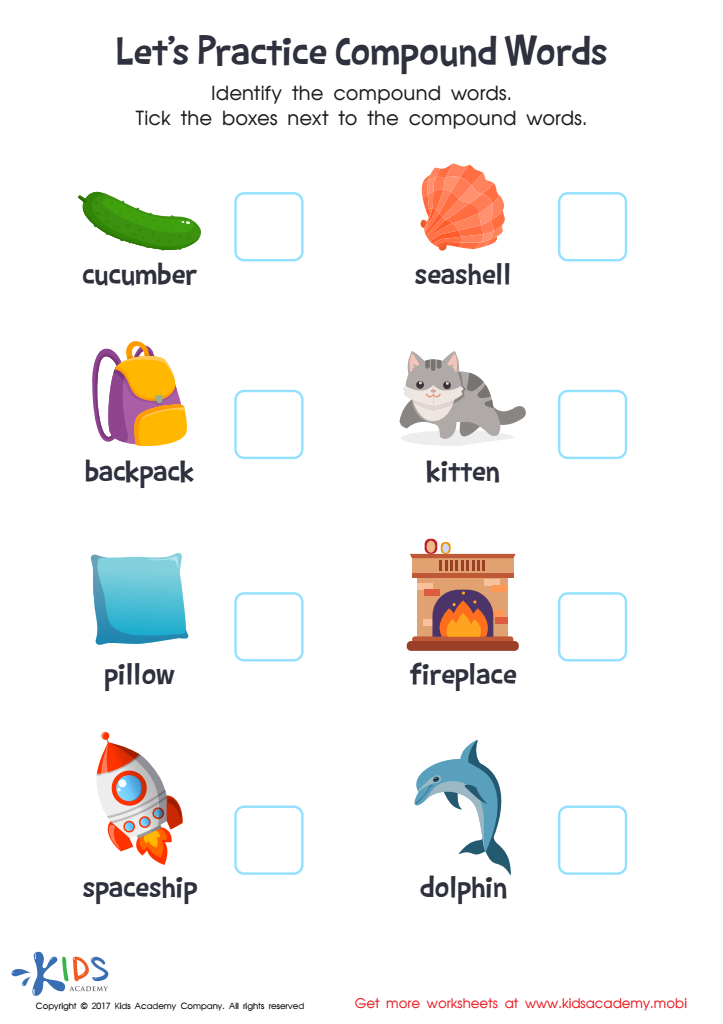

Let's Practice Compound Words Word Structure Worksheet
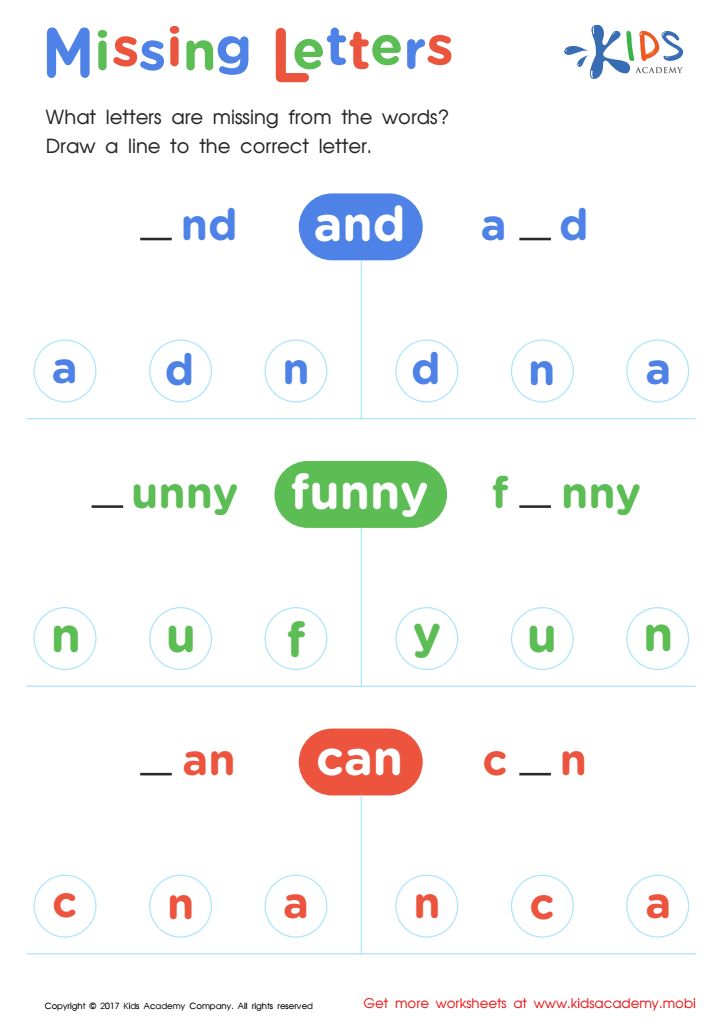

Missing Letters Worksheet
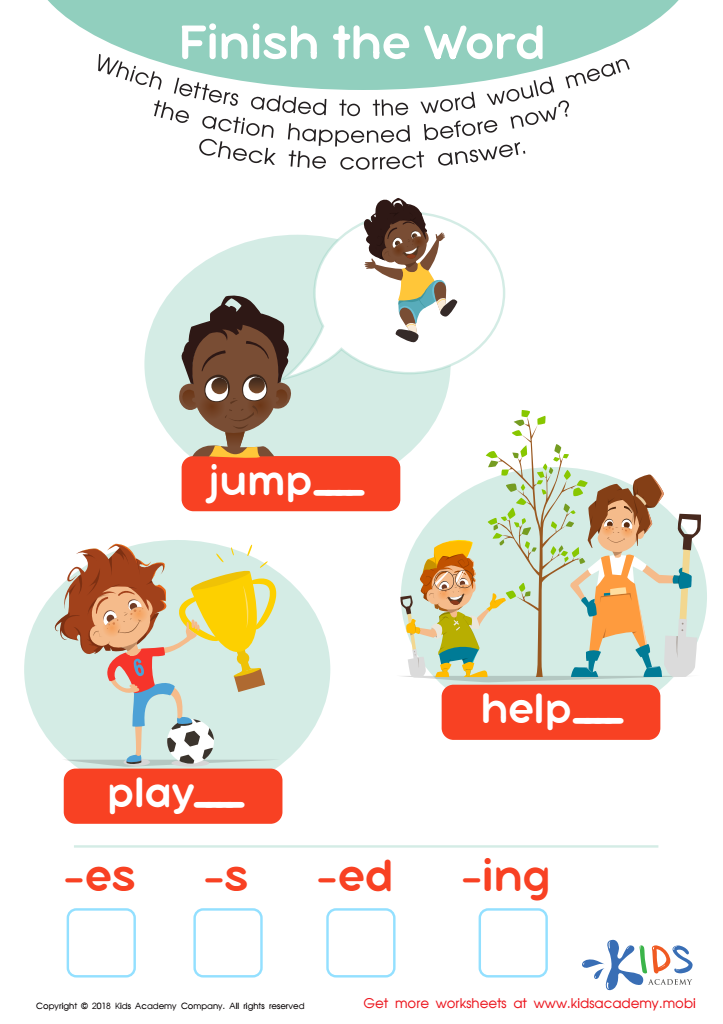

Finish the Word Worksheet
Cognitive development in early childhood, particularly concerning grammar, is crucial for several reasons. First, between ages 3-6, children undergo significant growth in language acquisition, which directly influences their cognitive and social skills. Proper understanding of grammar allows young children to construct coherent sentences, thereby enhancing their communication abilities.
Parents and teachers should recognize that early mastery of grammar lays the foundation for literacy skills, including reading and writing. Children who grasp grammatical structures are better equipped to express their ideas clearly, facilitating their academic success as they transition into more formal education. Furthermore, strong grammatical skills are linked to improved comprehension, allowing young learners to understand and engage with the content effectively.
Additionally, social interactions rely heavily on language. Children who use proper grammar are often more confidently integrated with peers, fostering friendships and collaborative play. This social aspect is vital for emotional development and instilling a sense of belonging.
Ultimately, focusing on cognitive development and grammar in early childhood can lead to better educational outcomes, enhanced interpersonal skills, and a greater capacity for future learning. By nurturing these skills, caregivers significantly contribute to a child’s overall development, laying the groundwork for lifelong success.
 Assign to My Students
Assign to My Students
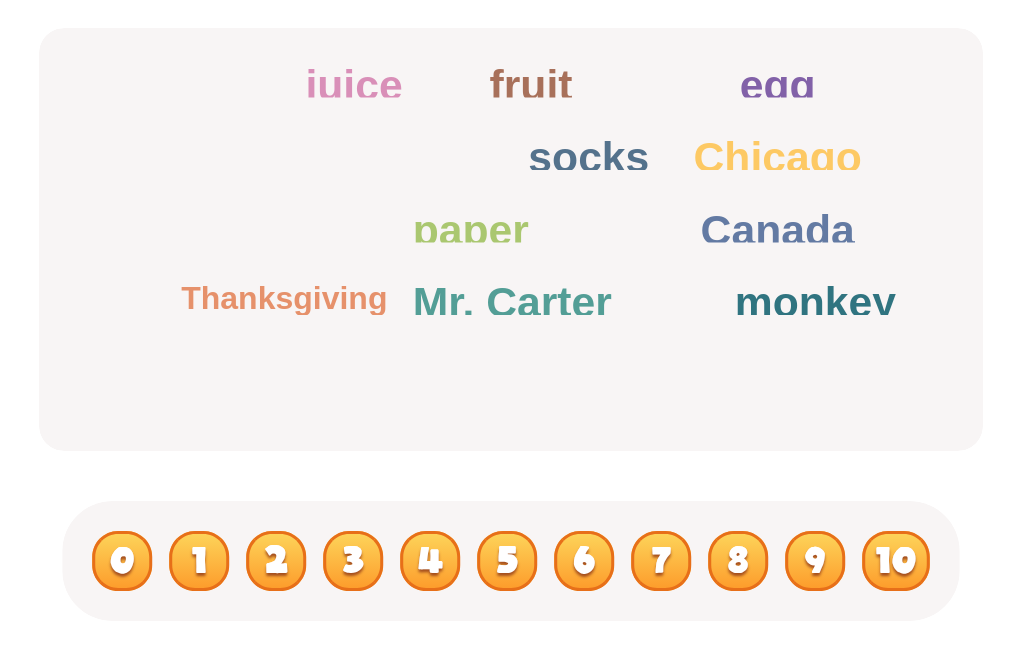
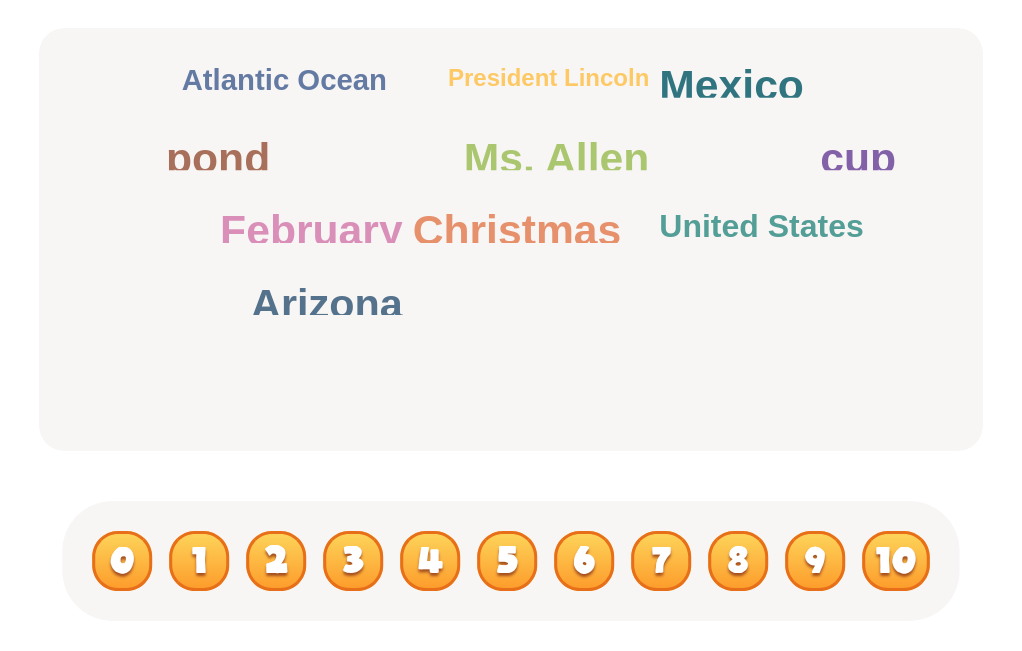
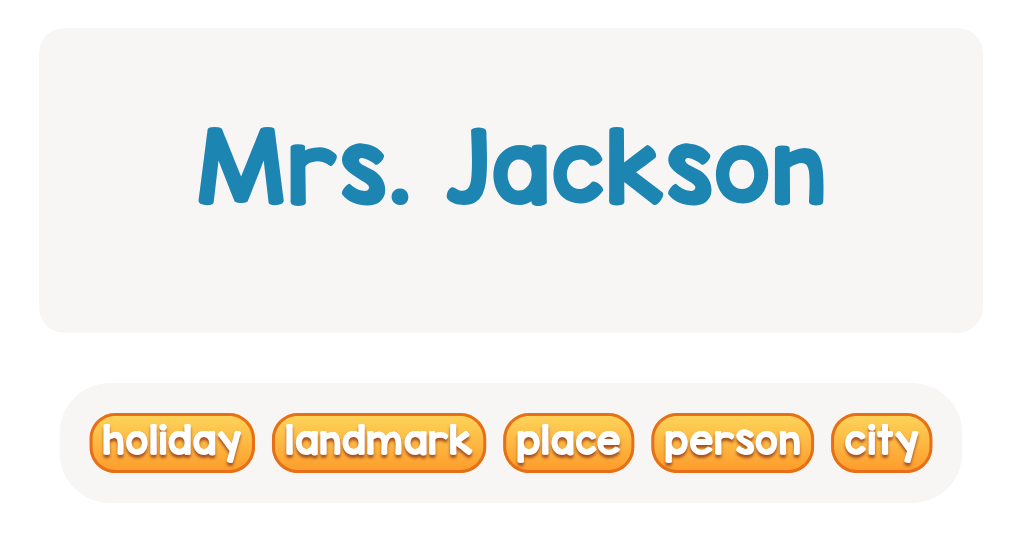
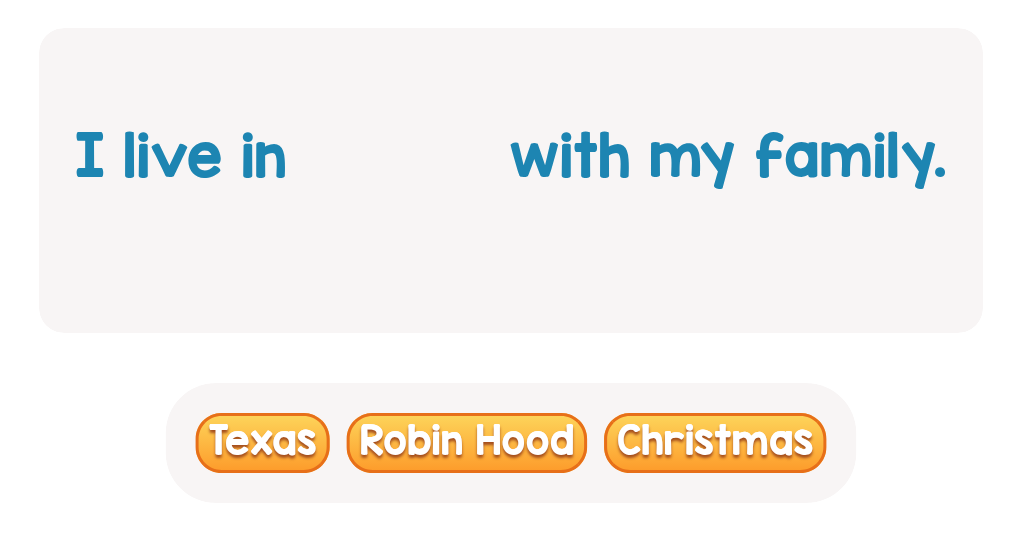

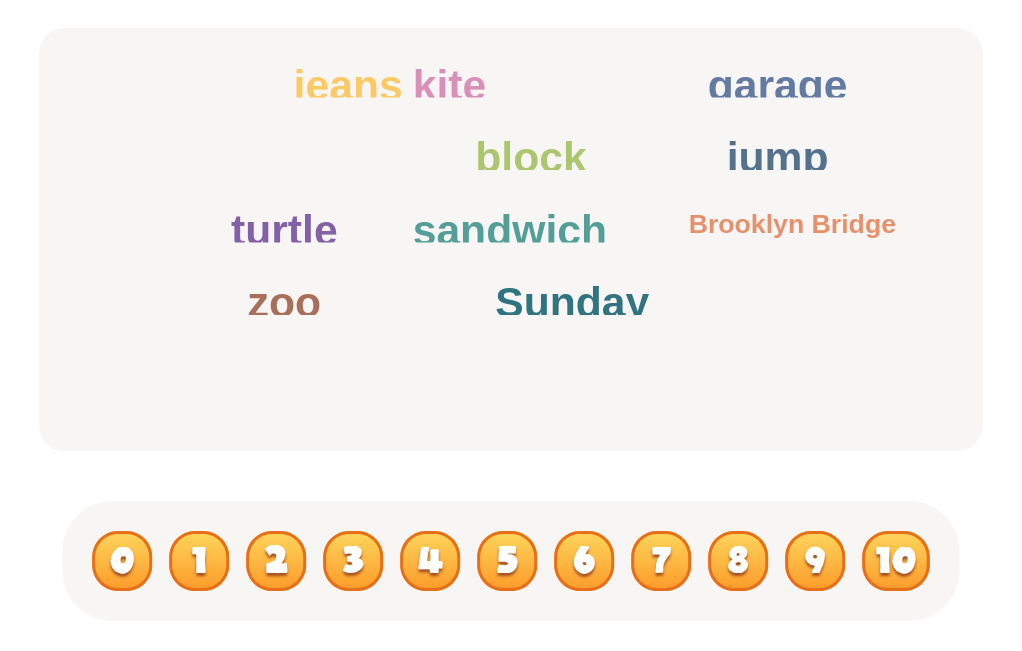
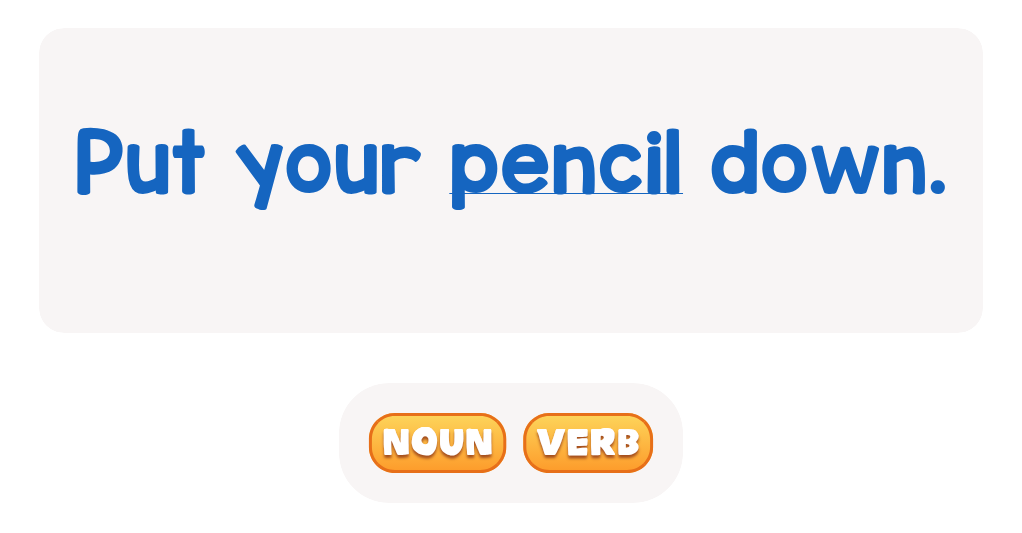
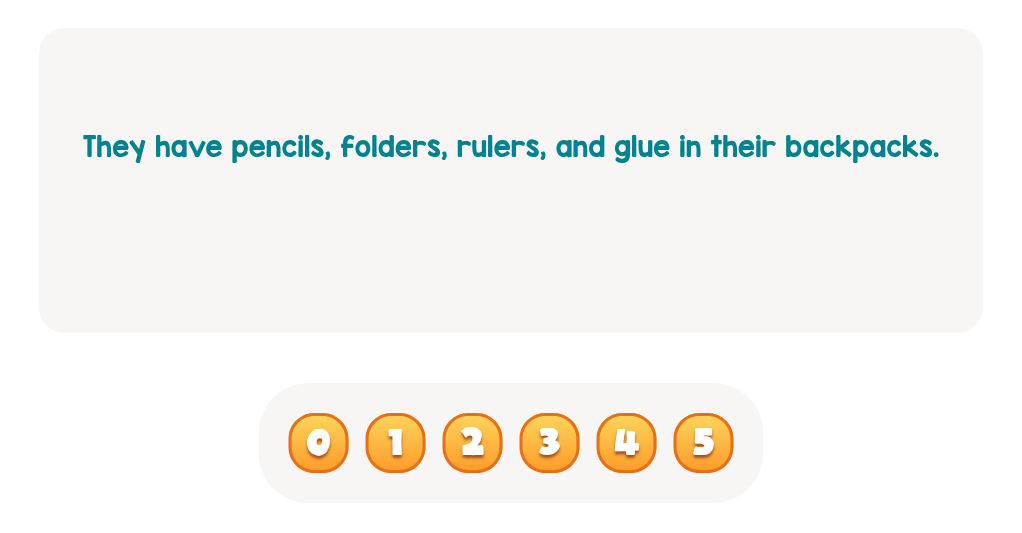
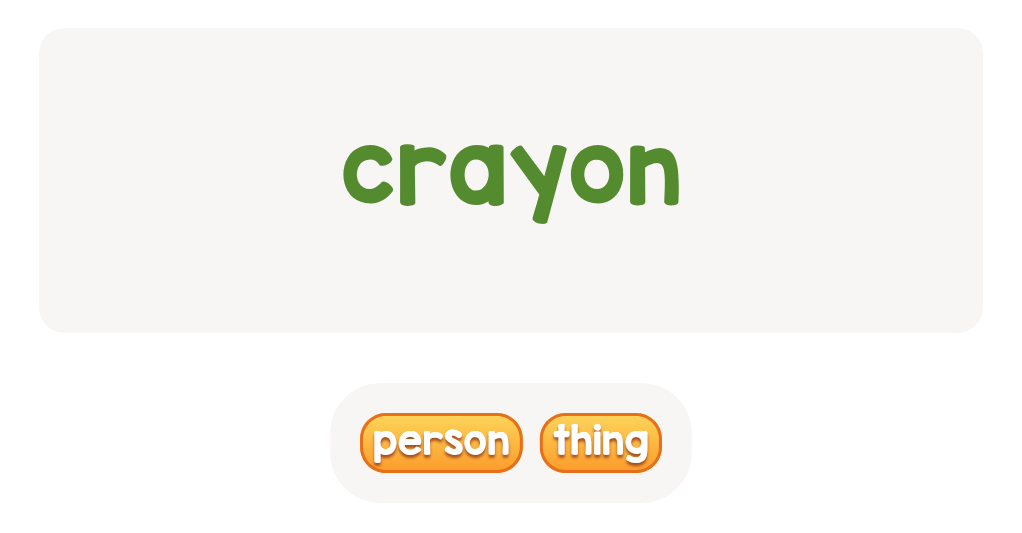
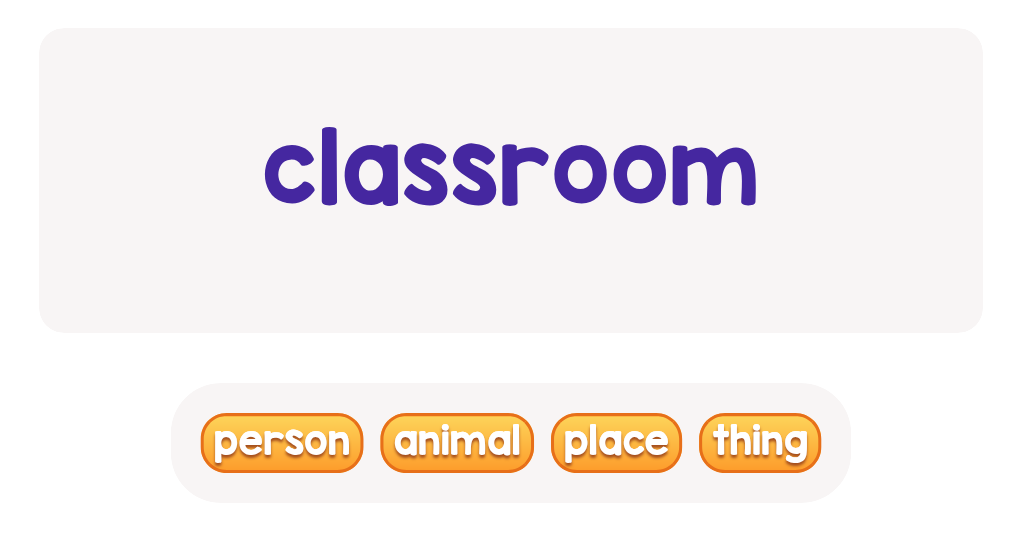





.jpg)














